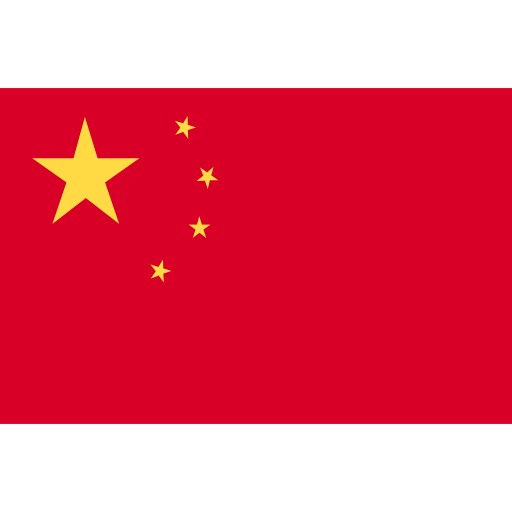Sample Data
Understanding Nigeria's Import Data
We obtain trustworthy data from organizations, shipping businesses, and customs ports. This Trade Data
contains a wide range of fields, such as HS codes, product descriptions, prices, quantities, origin country,
destination country, and port names together with currency values. For traders and marketers, this trade data is
crucial information that helps them to make informed decisions. From the HS codes and product descriptions to
the quantity and cost of each product, everything can be obtained through this trade data.
We have included a sample of this trade data for your convenience and greater understanding so
that you can see what the trade data looks like as a whole, with complete details.
To make informed decisions, it is crucial to understand what import data signifies. Nigeria's import data refers to the records and statistics that capture the flow of goods into the country from international sources. These records provide vital information about the quantity, value, source, and type of goods being imported. Nigeria's import data highlights the potential for businesses to establish or strengthen trade partnerships with the country. According to Nigeria's customs data for imports, Nigeria imported goods worth a total of $45.9 billion in 2023. The information we provide you about Nigerian import data and shipment data is highly helpful and informative. All of the information in our database is derived from recently updated shipping bills, invoices, and other crucial transaction documents. We obtain trustworthy data from organizations, shipping businesses, and customs ports in Nigeria. Nigeria's import data contains a wide range of fields, such as HS codes, product descriptions, quantities and prices, port names, and currency values. Nigerian import data, which is derived from Nigerian customs data, is a kind of data that includes shipping information along with a wealth of other details.
So, as you can see, we obtain trustworthy data from organizations, shipping businesses, and customs ports. The trade data contains a wide range of fields, such as HS codes, product descriptions, prices, quantities, origin country, importers/exporters names and addresses, destination country, and port names together with currency values. For traders and marketers, this trade data is crucial information that helps them make informed decisions. From the HS codes and product descriptions to the quantity and cost of each product, everything can be obtained through this trade data. We have included a sample of the trade data for your convenience and greater understanding so that you can see what the trade data looks like as a whole, with complete details.





